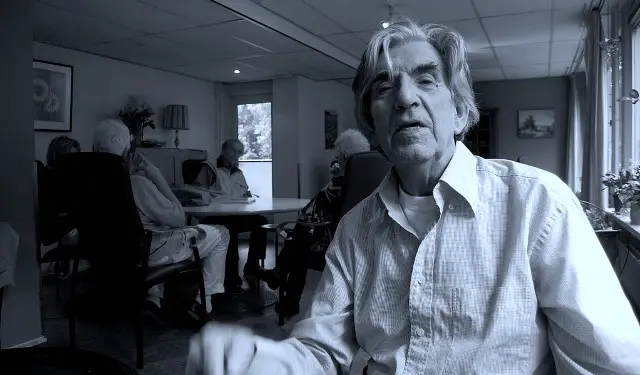This in from the Wessex Academic Health Science Networks. Ed
On 14th October a major event brought together over 150 people from 50 organisations from across Hampshire, the Isle of Wight and Dorset.
These organisations support people living with dementia, their carers and their families. The attendees included people working in the NHS, local councils, charities and volunteers.
Showcasing dementia support
This major event showcased the amazing variety of support available to those living with the effects of dementia across the area.
The day was hosted by three key organisations – the Wessex Academic Health Science Network, Public Health England, and the Wessex Mental Health, Dementia and Neurological Conditions Strategic Clinical Network.
The importance of early diagnosis
The day opened with a personal account of how to live well with a form of Alzheimer’s disease known as posterior cortical atrophy. This emotional and sometimes humorous personal reflection showed that despite numerous personal challenges people living with dementia can continue to experience an active and fulfilling life.
Dr Alistair Burns, the NHS National Clinical Director for dementia in England, gave the keynote speech. Dr Burns said that being diagnosed with dementia is the start of a life changing journey for patients. He went on to stress how important an early diagnosis of dementia is so that patients are able to get the right support. Dr Burns praised those in the room for the amount and variety of work going on across the area for people living with dementia.
The Wessex Dementia Timeline
The highlight of the event was a visual display called the ‘Wessex Dementia Timeline’. The timeline showed a lot of projects going on across the area of dementia care. Each project was represented by a light bulb and put on the timeline according to key points along the dementia journey. It covered pre-diagnosis, diagnosis, post diagnosis and end of life care. Over 60 projects from more than 30 organisations were displayed on the timeline and delegates contributed another 50 on the day.
Some new and innovative projects were presented on the day. These included:
- Alzheimer Cafés based on Isle of Wight. These cafés give people living with dementia a social space to interact with others living with the condition and also access to support.
- Using coloured crockery to encourage patients to increase the amount of food they eat. This project was presented by Salisbury NHS Foundation Trust.
- Improving dementia diagnosis and care after diagnosis. A joint project between the Wessex Strategic Clinical Network, Bournemouth University Dementia Institute and the Collaboration for Leadership in Applied Health Research and Care.
- A musical ensemble: a music initiative for people with dementia and their carers. This innovative project helped a group of people living with dementia learn to play musical instruments and to perform a concert with the Bournemouth Symphony Orchestra. This project was run by the Bournemouth Symphony Orchestra and Bournemouth University Dementia Institute.
Putting dementia data into practice
Public Heath England went on to present ‘Putting dementia data into practice’. This presentation from Public Health England, Wessex office was given by Rebecca Wilkinson, Knowledge Transfer Facilitator. Rebecca described the potential use of health and social care data in improving services for dementia and increasing equity across the area. She introduced the recently launched Mental Health, Dementia and Neurology intelligence network website and stressed the importance of healthy lifestyles in reducing the risk of dementia.
Feedback from the day
Alistair Burns:
“The light bulbs are a great way of displaying this work on a timeline – I will be sharing this across the other Strategic Clinical Networks in England.”
Delegate:
“The Wessex timeline was a fantastic way of displaying the local work, the light bulbs really brought the subject to life.”
Delegate:
“Thank you for an excellent conference – I have already implemented some of the information in teaching sessions!”





